Modern Day Macro-Part 2: "You are What You Eat"
Welcome back! In Modern Day Macro-Part 1 we explored why getting your body and spirit in the rhythm of nature is key to optimal health. Today, let's take a look at what that entails.
You’ve heard the phrase “you are what you eat,” but what does that actually mean? When we eat, we transform food into what our body needs and get rid of the excess.
On a spiritual level, “you are what you eat” also applies. Energetically, we absorb the energy and vitality from the food we eat so we can create health or sickness.
What you put in your body helps to inform your experience of the world around you. When your nutrition is in alignment, you experience alignment in your surroundings.
Don’t believe me? Ever have a week where you survived on coffee, sugar, and crap because you felt stressed? You craved the energy from an external source to get through the day, but all it did was continue the stress cycle in your mind and body.
Not surprisingly, the traditional macro diet consists of 50% whole grains and greens with small amounts of nuts and seeds. Animal protein (in this case, fish) was eaten sparingly. The founder, Osawa, felt that eating meat makes us act like animals, as we absorb their energy.
Modern day macro isn’t telling you what not to eat, it’s saying you’d be better off eating in a complementary yin-yang way.
We will explore this concept more in Parts 3 & 4. Ultimately, whatever you eat is fine until you eat too much of it.
The most common question about any dietary theory is “What and how much?” There’s no hard and fast rule. Nutritional needs are unique. It’s important to consider your body, lifestyle, and environment.
Thus, this principle is just that: a principle, not a mathematical equation.
For example, if you're especially active you may have more protein needs than the average person. The true macrobiotic diet asks you to question everything and respect you bio-individuality.
A healthy eating style only works until it doesn’t work, So if you don’t feel great, then don’t do it.
The Moo:
That being said, I certainly have my preferences. I personally advocate for not having dairy. Milk is food for babies, whether it be human babies, calves, or any other mammal. Once again, it’s the “you are what you eat” principle, when I have dairy, my brain is cloudy, I feel lethargic and unmotivated. In essence, when I have milk and I act and feel like a baby. Naptime, anyone?
If I do have dairy, it’s in limited quantities. I know myself well and can thus correlate my need for dairy with my mood. For example, when I’m sad and when I want to feel comforted, I reach for a block of cheese or ice cream. This is a cue that one of my 5 Pillars is off and I need to attend to the greater issue at hand.
The Extras:
In macrobiotics, sweeteners, oils, and condiments are used sparingly. You most likely know that sugar is addictive. As for oils and condiments, I’m not saying eat bland food, but perhaps take a look at your mood while eating and see how you feel. If you aren’t used to it, it may lead to a chaotic energy coupled with restlessness.
The Timing:
Old School Macrobiotics states that you should only eat when hungry and drink when thirsty. While I am a big proponent in listening to your body, being fully attuned means you can anticipate your body’s needs. By the time you are thirsty, you are already dehydrated, it’s your body signaling to the brain that the gaslight is on, not that you are at ¼ tank. So stay hydrated!
The Uppers:
Caffeine and chocolate are stimulants that are often used when we are imbalanced.
Eat it only when balanced in small quantities, if you do it when out of balance, it won’t compensate or fix the Pillar that is out of balance, it will make the imbalance worse. Looking at it from a macrobiotic mindset, unless you live in a tropical climate where chocolate and coffee are grown, it will be jarring for the system to a greater degree.
The Takeaway: You are what you eat, so eating in balance will balance your system: body, mind, spirit, and experience.

